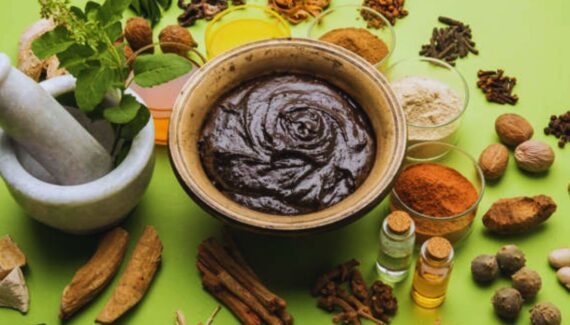Amla, also known as ‘Indian gooseberry’, is one of the most celebrated superfoods in Ayurveda and Unani medicine. Packed with Vitamin C, antioxidants, fibre, and anti-inflammatory compounds, it is commonly consumed in the form of juices, powders, supplements, and pickles.
Traditionally, amla is praised for boosting immunity, improving digestion, enhancing skin health, and regulating blood sugar levels. However, while amla is considered highly beneficial, it may not be suitable for everyone. Certain groups of people should consume it with caution or avoid it altogether due to potential side effects, allergic reactions, and interactions with medications. In this article, we explore who should not eat amla, the possible risks, and precautions for safe consumption.
Who Should Avoid Consuming Amla?
1. People with Low Blood Sugar
One of the well-known benefits of amla is its antidiabetic properties, which help regulate blood sugar levels. Amla is rich in polyphenols and antioxidants that improve insulin sensitivity and promote glucose uptake. While this is beneficial for individuals with diabetes, it can be risky for those prone to low blood sugar (hypoglycemia). Consuming amla may cause blood sugar to drop further, leading to dizziness, confusion, fatigue, or even fainting.
👉 Precaution: People already taking blood sugar-lowering medication should consult a doctor before consuming amla regularly.
2. Individuals with Acidity Issues
Amla has a sour and acidic taste along with high vitamin C content. For individuals with acid reflux, ulcers, or a sensitive stomach, consuming amla may aggravate digestive discomfort. Symptoms like heartburn, bloating, and abdominal pain may occur, especially if eaten raw or on an empty stomach. Although amla has gastroprotective effects in some cases, its acidic nature can trigger acidity in sensitive individuals.
👉 Precaution: If you have frequent acidity or gastritis, it is better to consume amla in small amounts, preferably after meals, or opt for amla in cooked or powdered forms.
3. People on Blood-Thinning Medication
Amla naturally supports cardio-vascular (heart) health by promoting better blood circulation. However, this blood-thinning effect can be risky for individuals already on antiplatelet medicines such as aspirin or clopidogrel. Excessive intake of amla in such cases may increase the risk of excessive bleeding, delayed clotting, or complications during surgery.
👉 Precaution: If you are on blood-thinning medication, avoid high doses of amla supplements or extracts unless approved by your healthcare provider.

4. Not Recommended for People with Kidney Disorders
Amla is an excellent source of vitamin C, but excess intake can increase oxalate levels in the body. Oxalates contribute to the formation of calcium oxalate kidney stones, making amla consumption risky for people with a history of kidney stones or compromised kidney function.
Research has shown that high doses of vitamin C may raise urinary oxalate levels, which in turn can worsen the risk of stone formation.
👉 Precaution: Individuals with renal problems or a history of kidney stones should limit their intake of raw amla or high-dose supplements.
5. Pregnant and Breastfeeding Women
Moderate amounts of amla are generally safe during pregnancy and may even support immunity and digestion. However, consuming too much raw amla or concentrated supplements can cause loose stools, abdominal discomfort, or excessive cooling of the body (as per Ayurveda). Scientific studies on high-dose amla use during pregnancy and lactation are limited. Some herbal texts also suggest that excess intake may affect uterine tone or digestion.
👉 Precaution: Pregnant and breastfeeding women should consume amla in moderation and only under medical supervision.
6. People with Food Allergies or Sensitivities
Though rare, some individuals may experience allergic reactions to amla. These can include itching, hives, swelling, rash, nausea, or stomach cramps. In some cases, cross-reactivity may occur in people allergic to berries or similar fruits.
👉 Precaution: If you are trying amla for the first time, start with small amounts and monitor your body’s response. In case of severe allergic reactions such as difficulty breathing or swelling, seek immediate medical help.
Amla is undoubtedly a nutrient powerhouse and a valued fruit in traditional medicine systems. It offers multiple health benefits, from improving immunity to supporting heart and skin health. However, not everyone can tolerate amla equally well. Always seek professional medical advice from a health expert/doctor, to avoid negative effects to your body.
When consumed mindfully, amla can be a great addition to a healthy diet. But as with any superfood, personal health conditions and medical advice should guide its intake.



